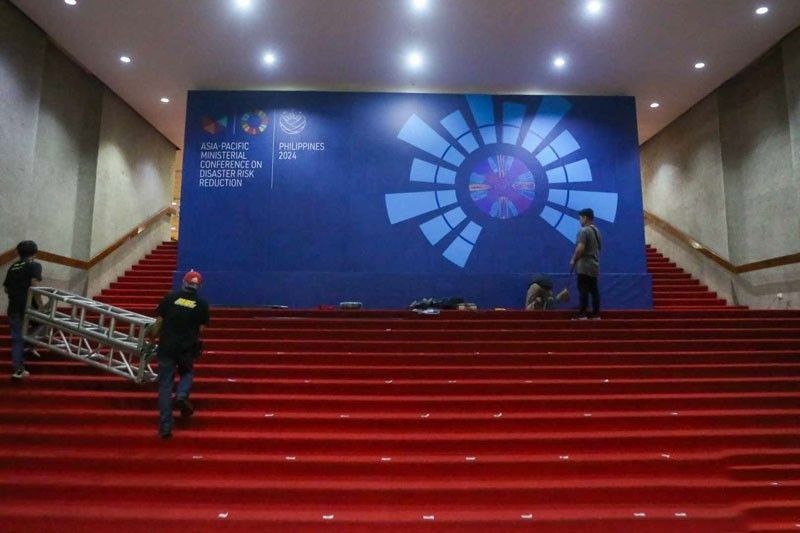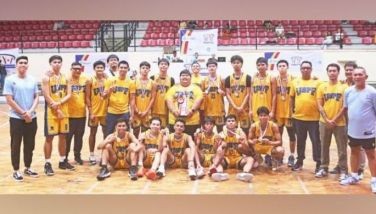International disaster confab to aid in Sendai Framework implementation

MANILA, Philippines — The ongoing Asia-Pacific Ministerial Conference for Disaster Risk Reduction (APMCDRR) in Manila will help United Nations member-states implement the Sendai Framework for Disaster Risk Reduction, a global agreement aimed at reducing disaster risks and losses by 2030, according to President Marcos.
During the courtesy call and dinner for the delegates of the APMCDRR at Malacañang yesterday, Marcos emphasized that the increasing frequency and severity of natural hazards call for deeper innovation, closer cooperation and sustained commitment from all nations.
“This conference comes at a time when our work to implement the Sendai Framework for Disaster Risk Reduction is more urgent than ever,” the President said.
“Our vision is clear: to reduce disaster risks and losses, and in doing so, protect lives, livelihoods and the social and economic assets that underpin our societies,” he added.
Marcos pointed out that the Philippines is exposed to various natural hazards due to its geographical location.
“For many years, the Philippines has stood on the frontline of the climate crisis,” he said, noting that the country frequently experience hazards such as typhoons, earthquakes, tsunamis and volcanic eruptions.
He added that climate change is an issue that the Philippine government had integrated in its policies.
“From investment strategies to policy implementation, disaster risk reduction and climate change adaptation and mitigation are now central to how we shape our future,” Marcos said.
“I think it would not be an exaggeration to say that among the government workers, there, whenever there is a discussion or a planning session, thereis no longer even a single conversation that we have that does not include an aspect of adaptation, mitigation to climate change. That is how primordial it has become in our everyday lives,” he added.
- Latest
- Trending






























